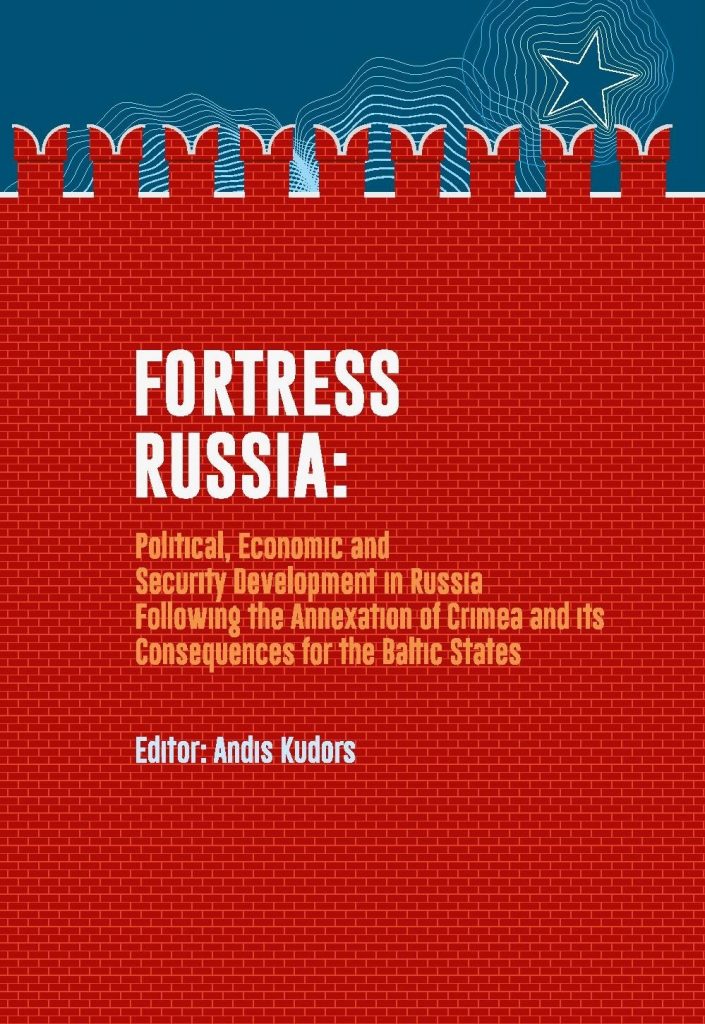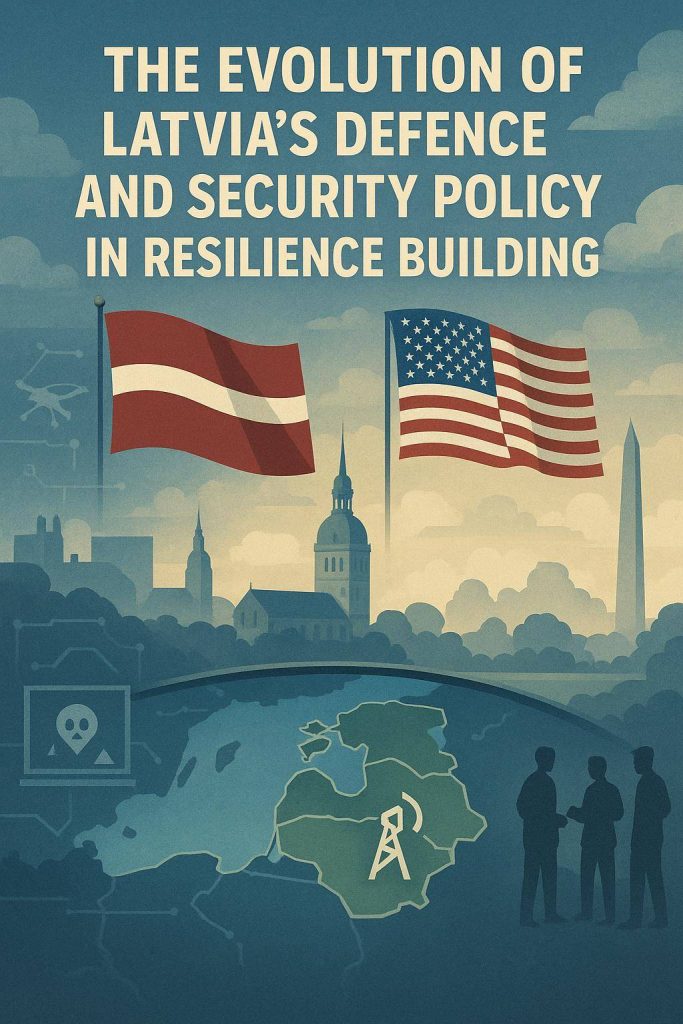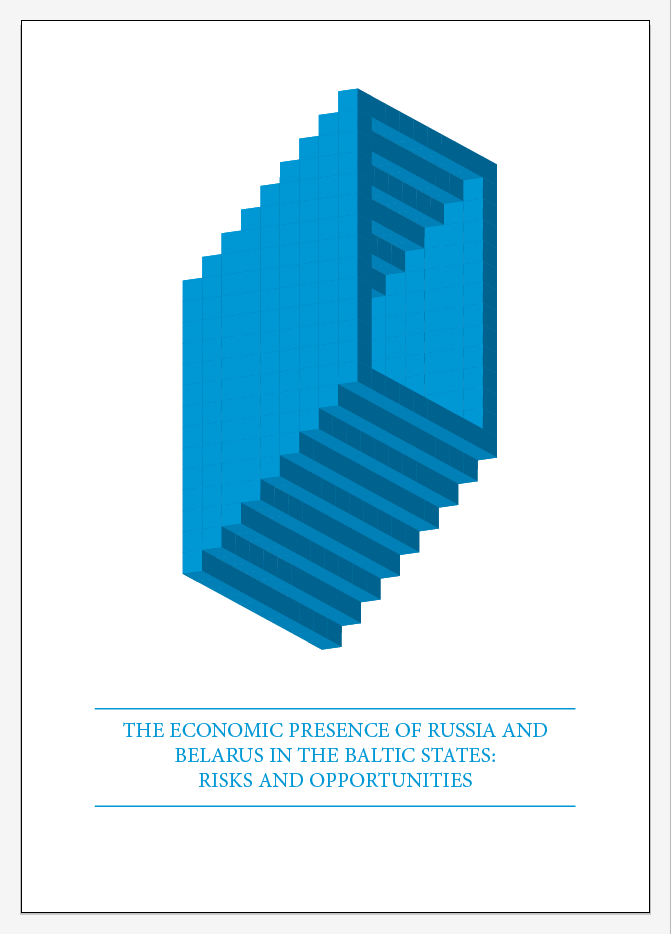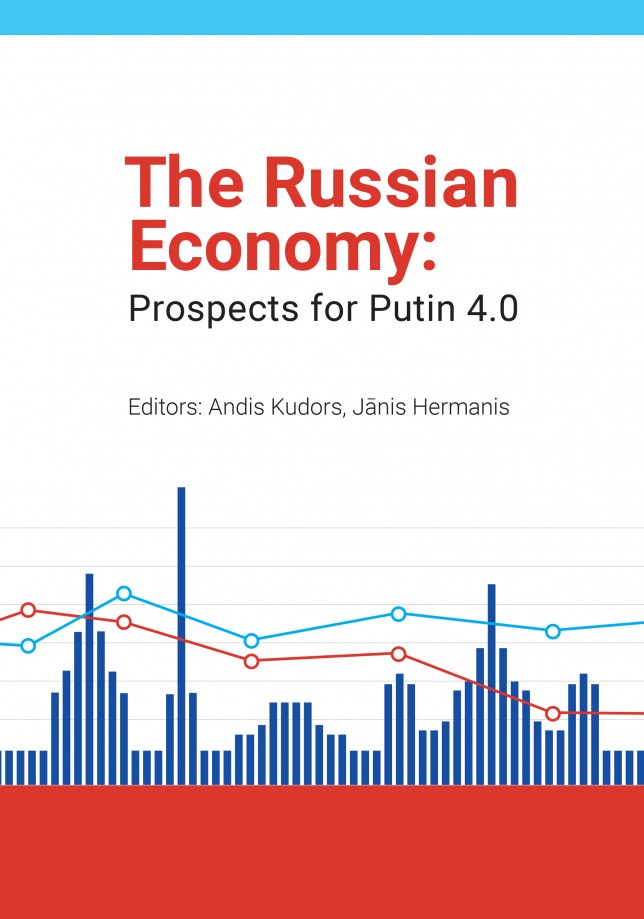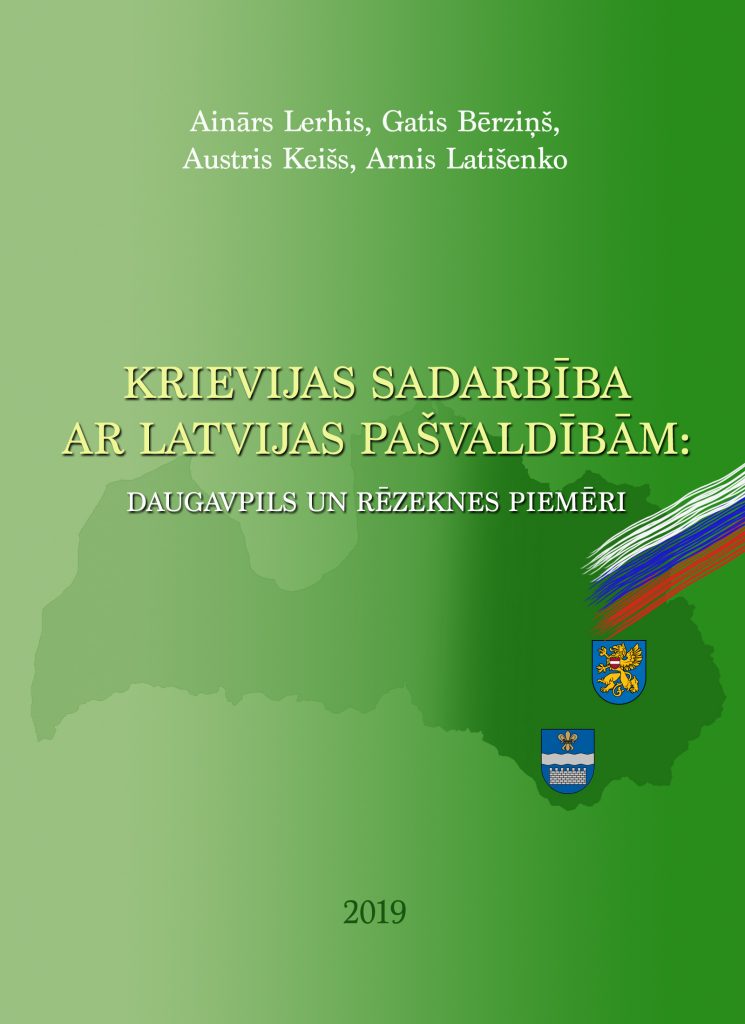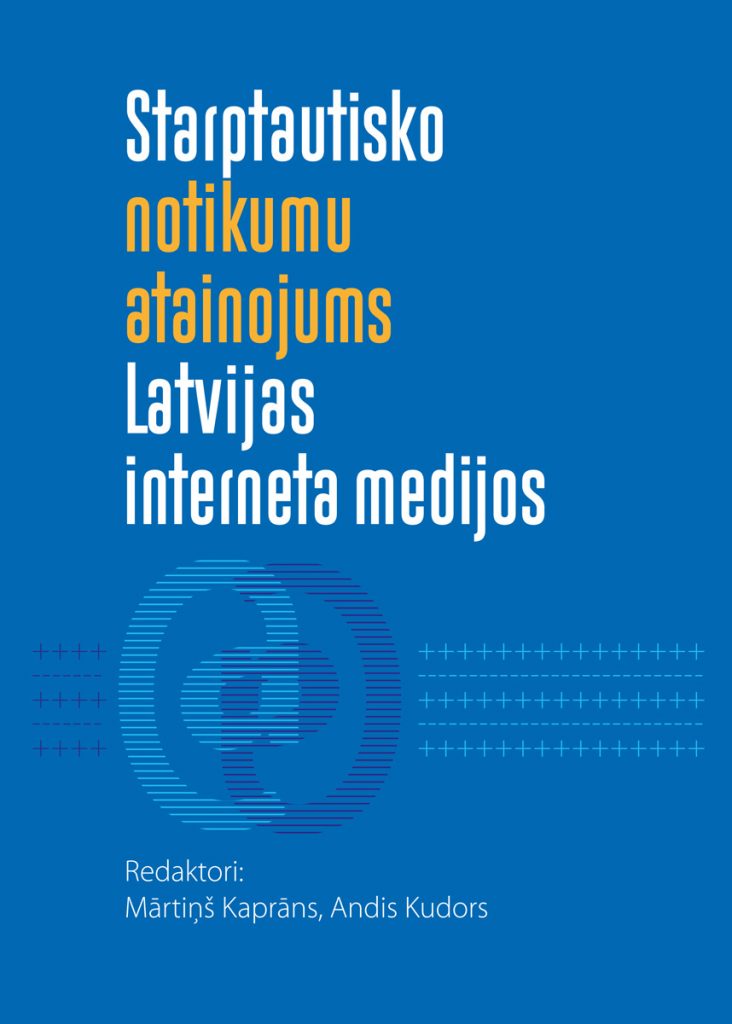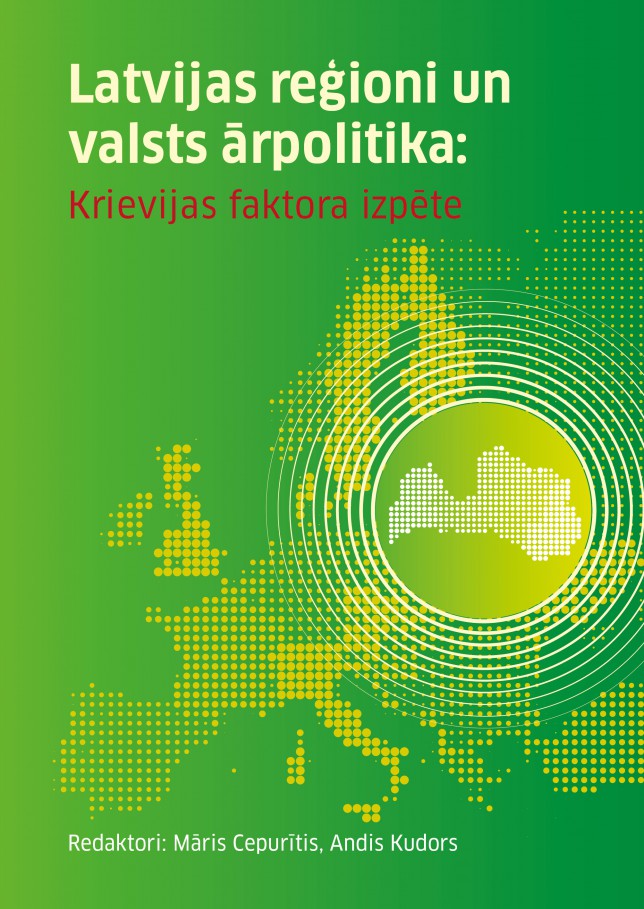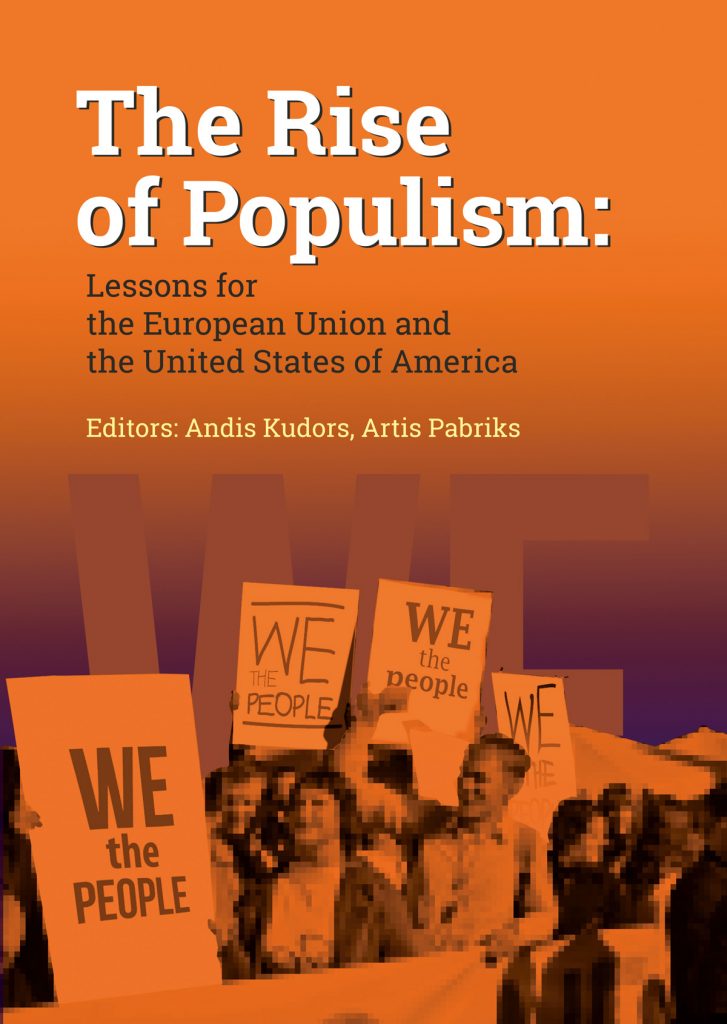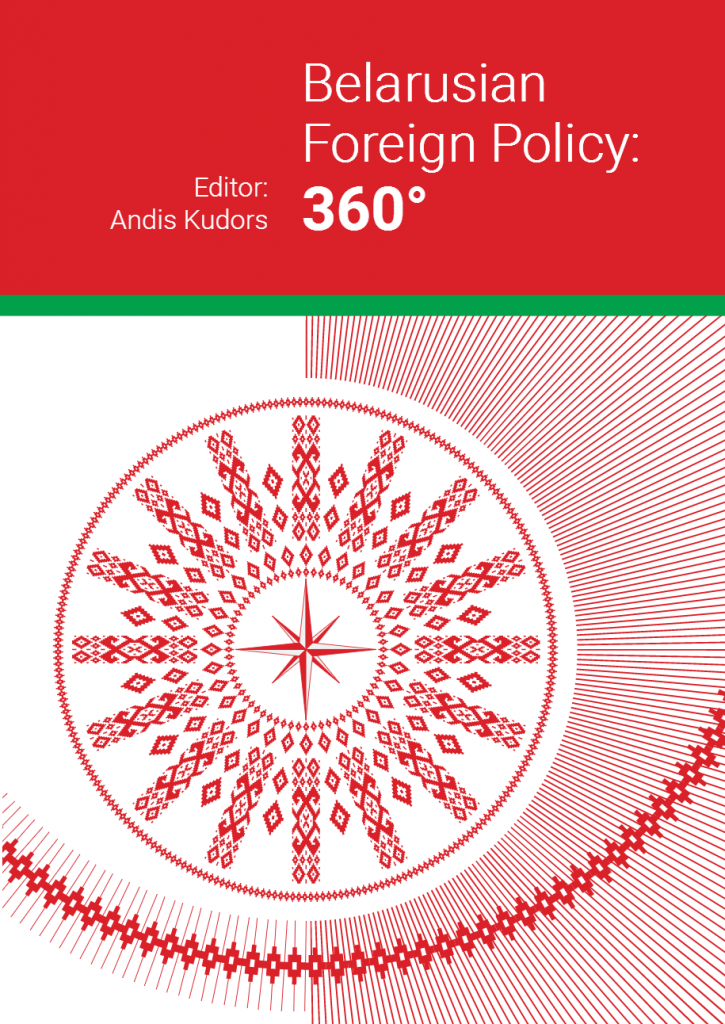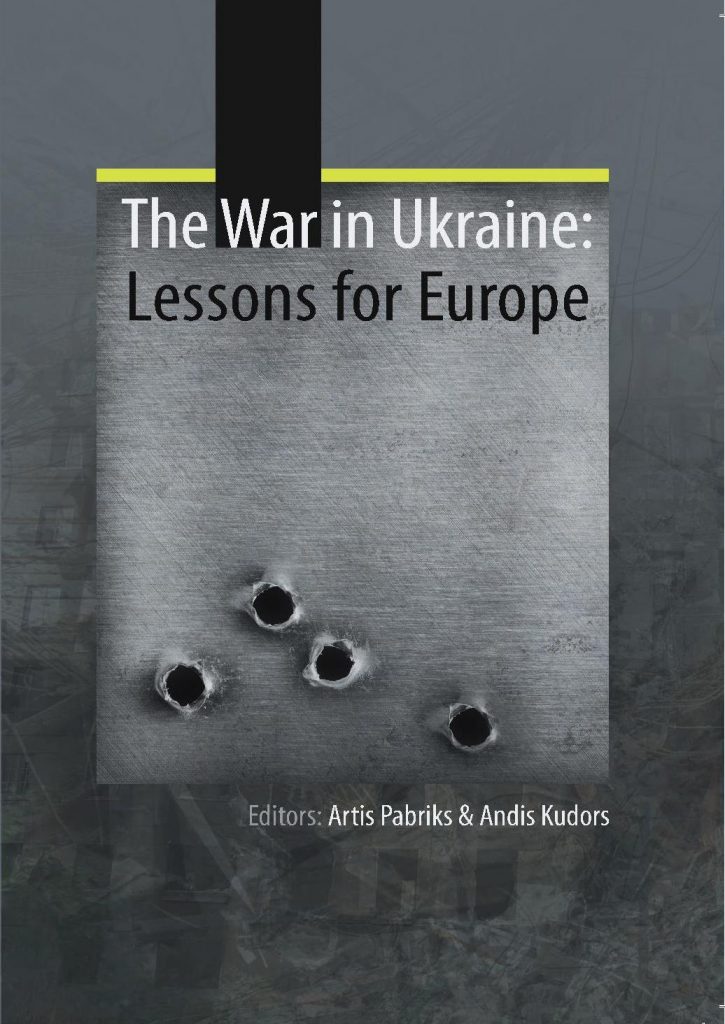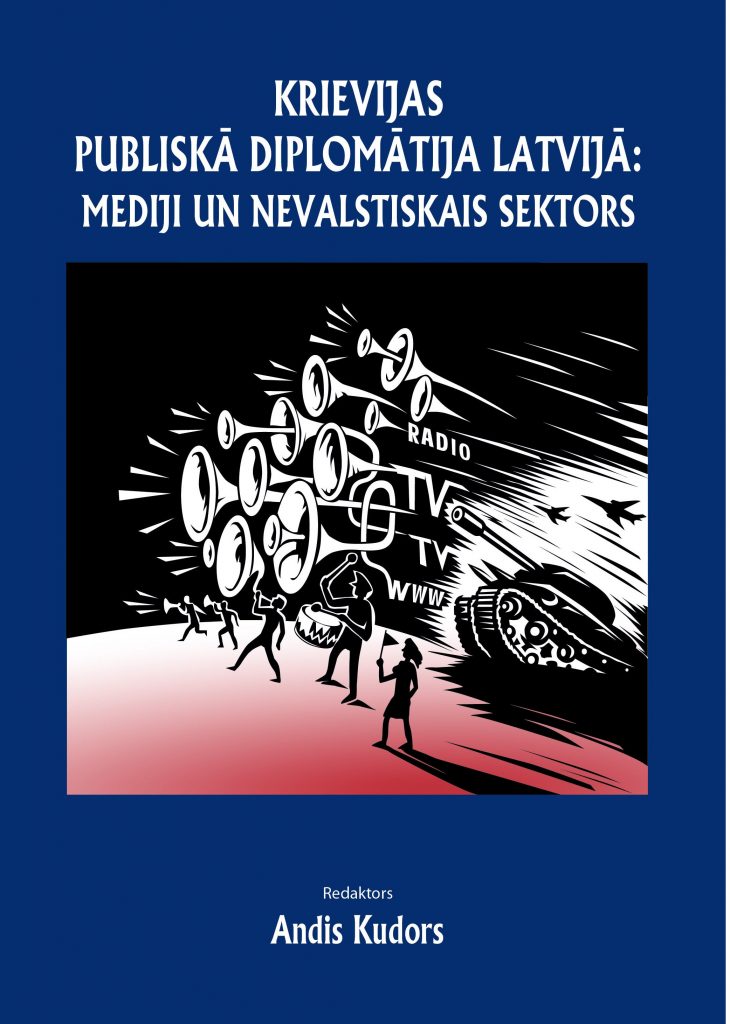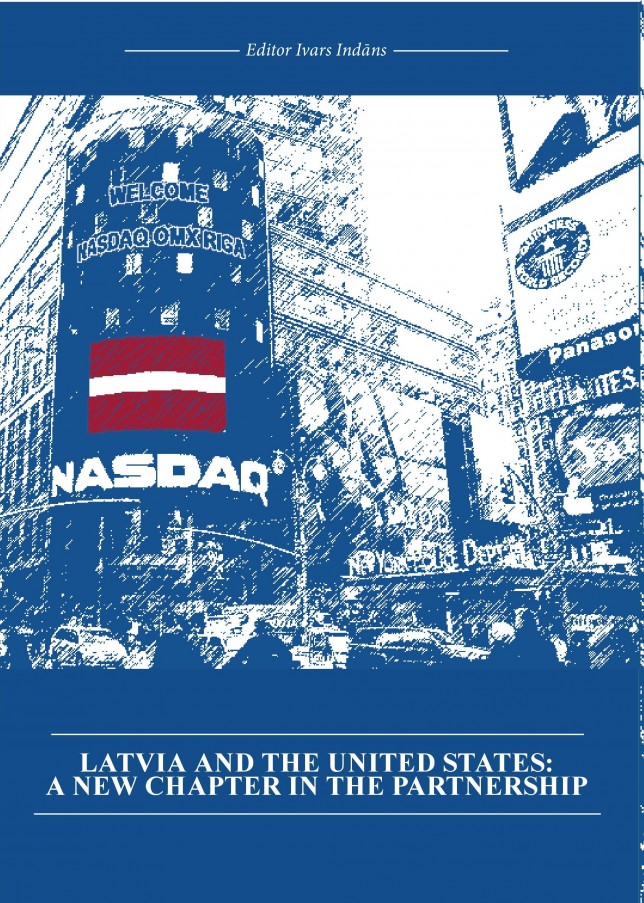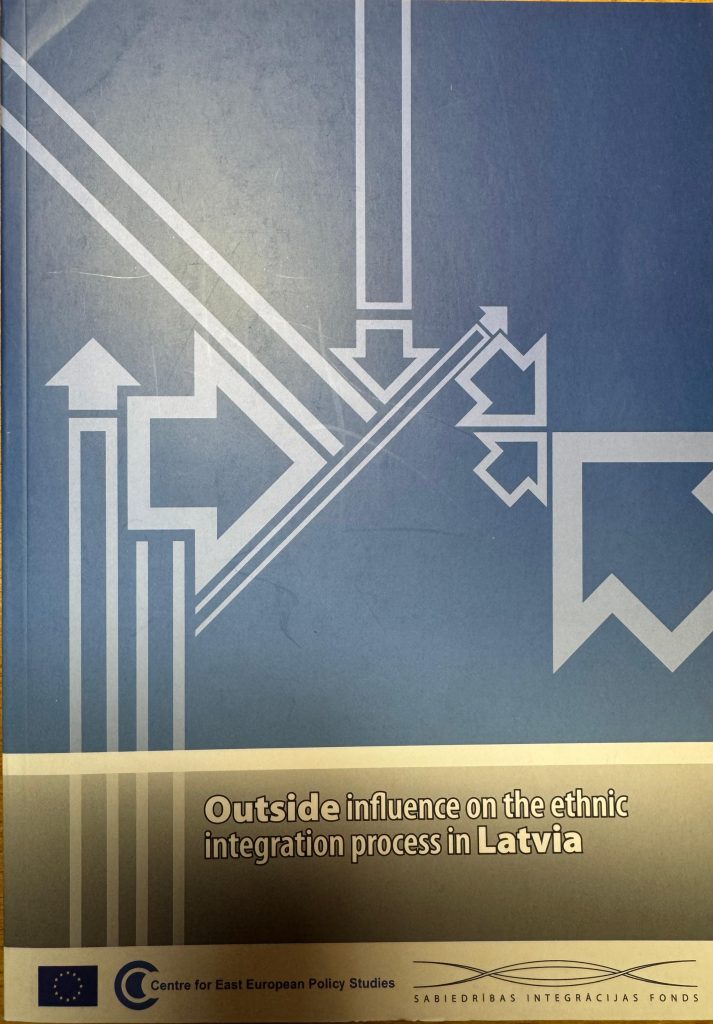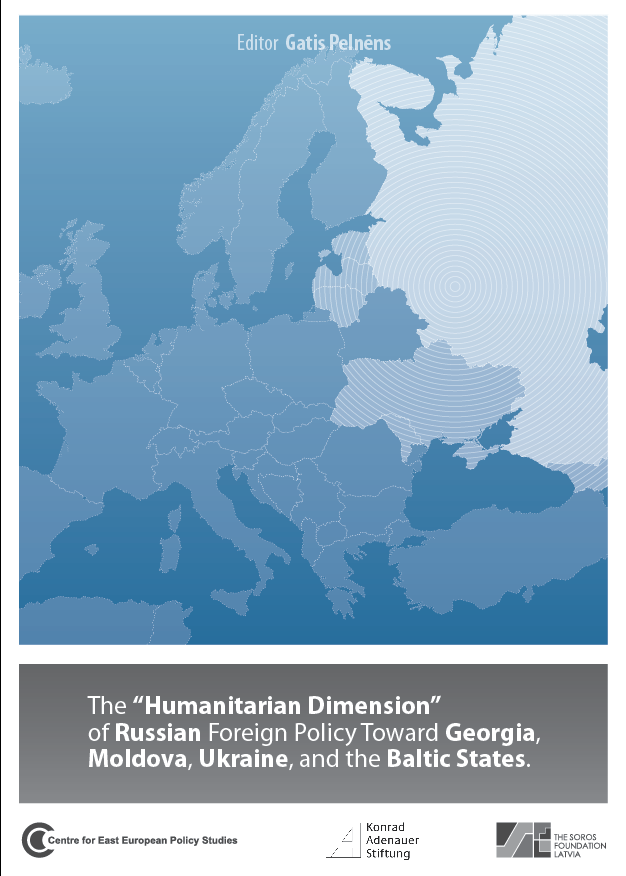Fortress Russia: Political, Economic, and Security Development in Russia Following the Annexation of Crimea and its Consequences for the Baltic States
The collection of articles “Fortress Russia: Political, Economic, and Security Development in Russia Following the Annexation of Crimea and its Consequences for the Baltic States” deals with political and economic processes in Russia from the annexation of Crimea until late 2015. The book is subdivided into four parts: Ideology, Politics, Economy and Security.
What is the essence of Putin’s ideology and where does it lead Russia? What kind of fortress is modern Russia? Is Russia’s economic self-isolation possible? Can the Russian economy survive and be self-sustainable? What are the consequences of Russia’s economic crisis in the Baltics? Will Russia’s armament programme proceed as planned? What security measures should be implemented in Baltic countries to reduce the risks posed by Russia? Answers to these and the other questions in this book are looked for by Latvian, Lithuanian, Estonian and Russian researchers.
The group of authors of the book includes deputy editor for the website EJ.RU Alexander Golts (Russia), head of the Department of Strategic Assessment at the Centre for Situation Analysis, at the Russian Academy of Sciences Sergey Utkin (Russia), publicist and expert on the regional policy issues Dmitry Oreshkin (Russia), Editor in chief of the analytical portal “The Insider” Roman Dobrokhotov (Russia), Research Fellow of the International Centre for Defence and Security (ICDS) Riina Kaljurand (Estonia), the leading Lithuanian expert in information warfare, researcher in the Institute of International Relations and Political Science (Vilnius University) Nerijus Maliukevičius (Lithuania), expert on political and international relations Simonas Algirdas Spurga (Lithuania), lecturer of the General Jonas Žemaitis Military Academy of Lithuania Liudas Zdanavičius (Lithuania), Chairman of the Board of CEEPS Ainārs Lerhis and executive director of CEEPS Andis Kudors, who is also an editor of the new book.
The collection of articles has been created with financial support on the part of Friedrich Ebert Foundation.
